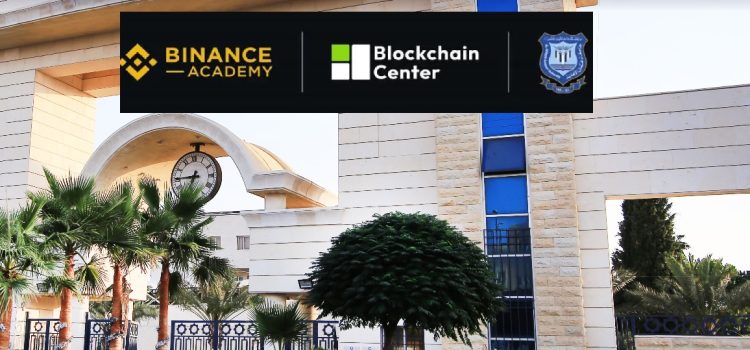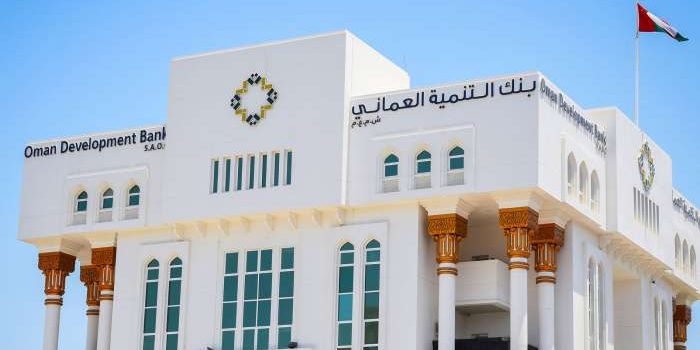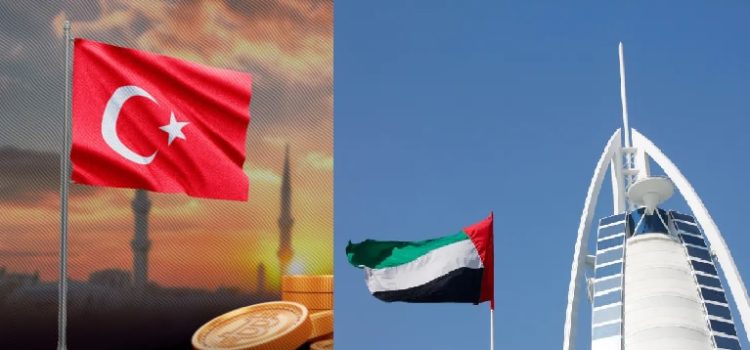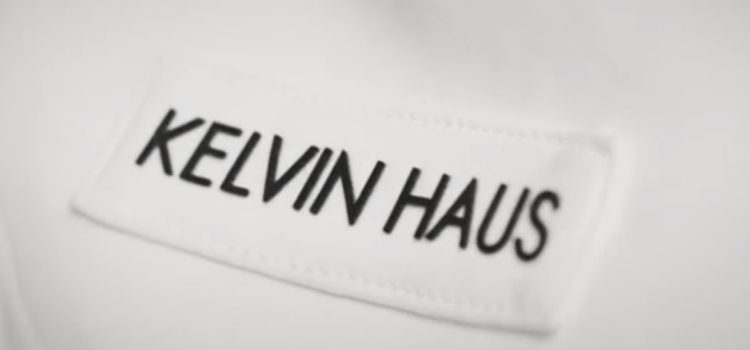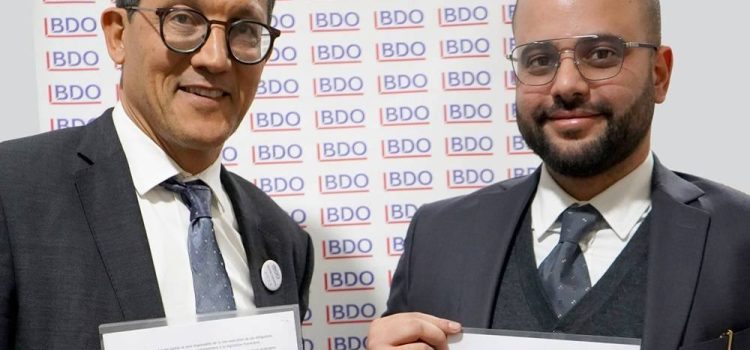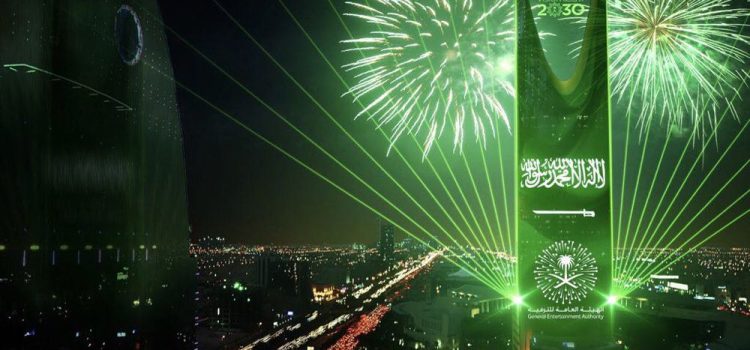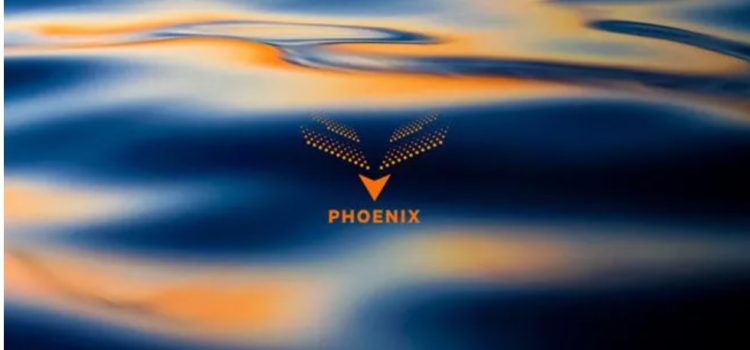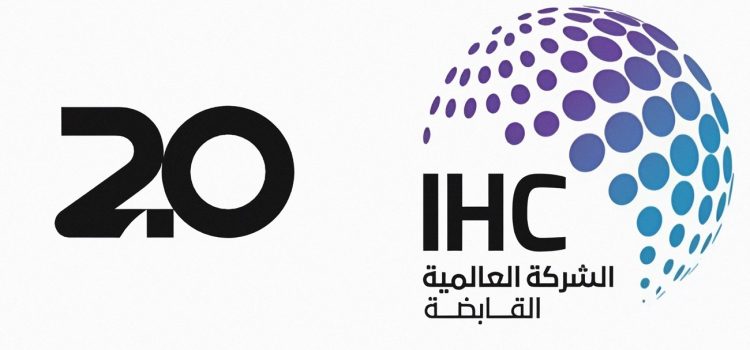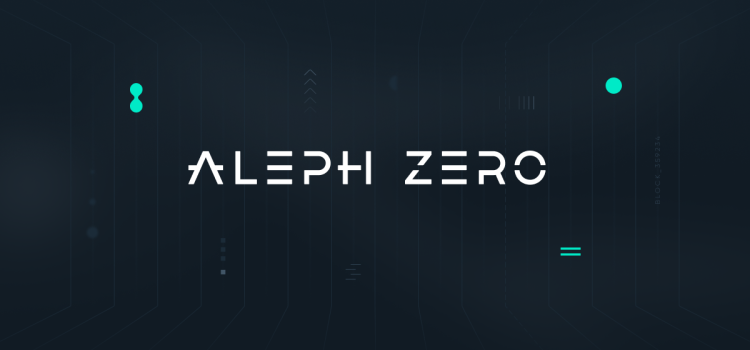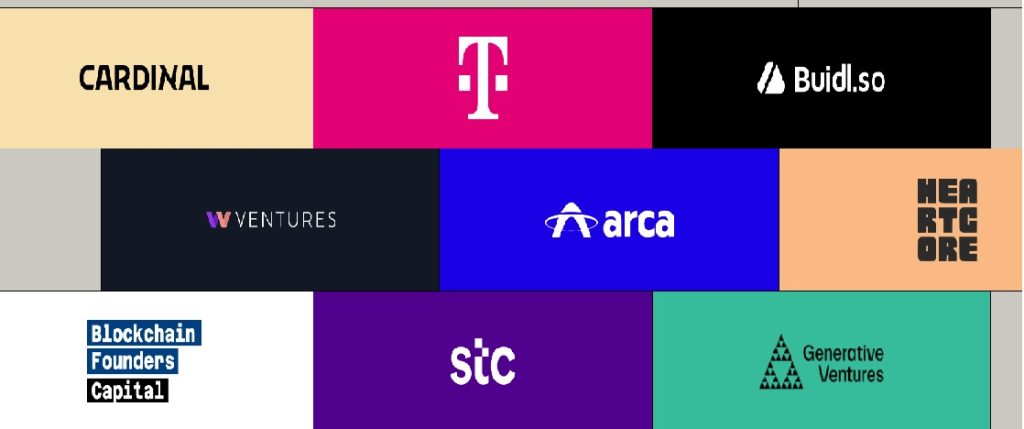
The Blockchain Center, which seeks to embed blockchain education into academic curricula across the globe by offering training programs for university educators, has partnered with Binance Academy; to expand its Global University Outreach program to included Jordan based Al Ahliyya Amman University.
The Blockchain Center and its initiatives across the glove aim to revolutionize blockchain education by integrating Blockchain Compliance and Blockchain Engineering into the curriculum of universities worldwide.
Al-Ahliyya Amman University, known for academic excellence, will now have access to a wealth of resources curated by Binance Academy and the Blockchain Center. In addition to providing training for university professors, the Blockchain Center will also offer expert-led workshops, seminars, and collaborative research opportunities. This program will provide students and faculty with firsthand experience in the dynamic landscape of blockchain technology.
Bandar Altunisi, Head of Development Binance Academy in Saudi Arabia, “As a key player in the Global University Outreach Program, together with the Blockchain Center we are excited to welcome Al-Ahliyya Amman University to our network. This collaboration signifies our shared commitment to advancing blockchain education and empowering the next generation of industry leaders.”
The Global University Outreach Program, initially launched in 22 universities in Kazakhstan, plans to expand its reach to over 200 universities across more than 50 countries. With a focus on blockchain engineering and compliance, the initiative seeks to educate over one million students globally by 2026.
“Education is crucial in driving the adoption of blockchain technology into our daily lives,” remarked Aigerim Gilmanova, Head of Education Initiatives at the Blockchain Center. “By extending our program to Al-Ahliyya Amman University, we are fostering an environment where students can explore, experiment, and innovate within the field of blockchain technology.”
“This partnership aligns with our mission to stay at the forefront of technological advancements and provide our students with the skills they need for the future,” said Ahmad O. Hourani, Marketing and Communications Unit Director at Al-Ahliyya Amman University. “We look forward to contributing to the success of the Global University Outreach Program and advancing blockchain education globally.”








